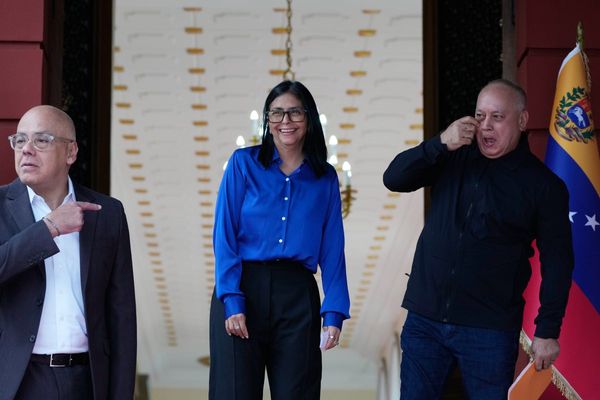Australian of the Year and body positivity advocate Taryn Brumfitt has called for doctors to avoid discussing a patient’s weight when they seek care for unrelated matters.
A 15-minute consultation isn’t long enough to provide support to change behaviours, Brumfitt says, and GPs don’t have enough training and expertise to have these complex discussions.
“Many people in larger bodies tell us they have gone to the doctor with something like a sore knee, and come out with a ‘prescription’ for a very restrictive diet, and no ongoing support,” Brumfitt told the Nine newspapers.
By raising the issue of weight, Brumfitt says, GPs also risk turning patients off seeking care for other health concerns.
So should GPs bring up a patient’s weight in consultations about other matters? We asked 5 experts.
Three out of five said yes

Here are their detailed responses:
Disclosure statements: Brett Montgomery is a general practitioner. He does not have a specific interest in obesity, but like almost all GPs, he treats many patients who are overweight or obese. He is a fellow of the Royal Australian College of General Practitioners; the college’s position statement on obesity prevention and management is linked to from this article. However, Brett writes here as an individual, and not on behalf of any organisation; Emma Beckett has received funding for research or consulting from Mars Foods, NHMRC, ARC, AMP Foundation, Kellogg, and the University of Newcastle. She works for Nutrition Research Australia and member of committees/working groups related to nutrition or the Australian Academy of Science, the National Health and Medical Research Council and the Nutrition Society of Australia. Emma has lived experience of GPs bringing up her weight; Liz Sturgiss receives funding from NHMRC, RACGP Foundation, National Centre for Healthy Ageing, Victorian Health Promotion Foundation. She is an appointed committee member of the Guidelines Development Committee for the review and update of the Clinical Practice Guidelines for the Management of Overweight and Obesity in Adults, Adolescents and Children in Australia and is the co-founder of the RACGP Specific Interest Group in Poverty; Nick Fuller works for the University of Sydney and has received external funding for projects relating to the treatment of overweight and obesity. He is the author and founder of the Interval Weight Loss program; Helen Truby has received funding from the NHMRC, the MRFF, the Commonwealth Department of Health, Health and Wellbeing Qld, Clinical Therapy Research in the Specialist Health Services (KLINBEFORSK, Norway), the Andrea Joy Logan Trust, the Victorian Cancer Agency Health Services Scheme.
This article was originally published on The Conversation. Read the original article.







